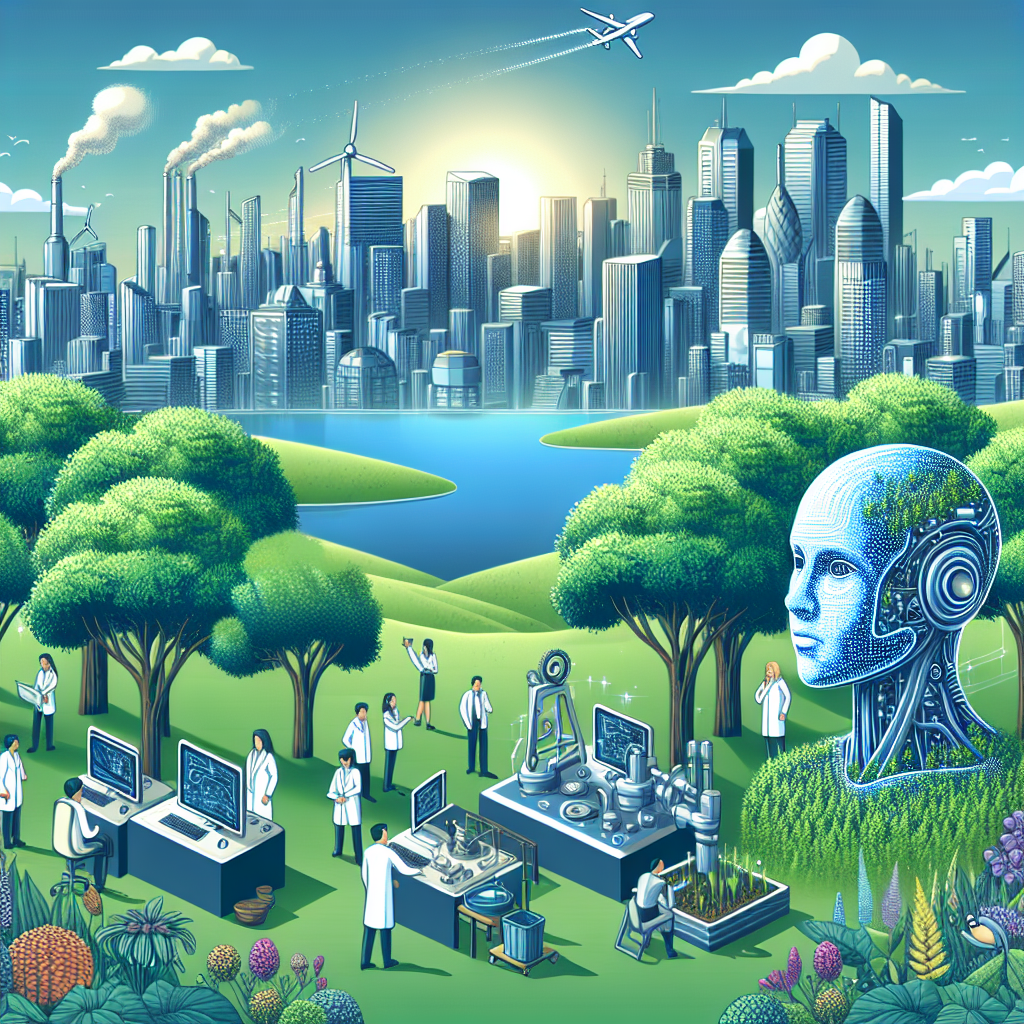
What Will Be Humanity's Next Breakthrough After AI?
The next major breakthrough after AI is likely to be advancements in quantum computing, biotechnology, fusion energy, brain-computer interfaces, space exploration, robotics, or sustainable technologies, each promising transformative impacts on society and the environment.
- 27 Jul, 2024
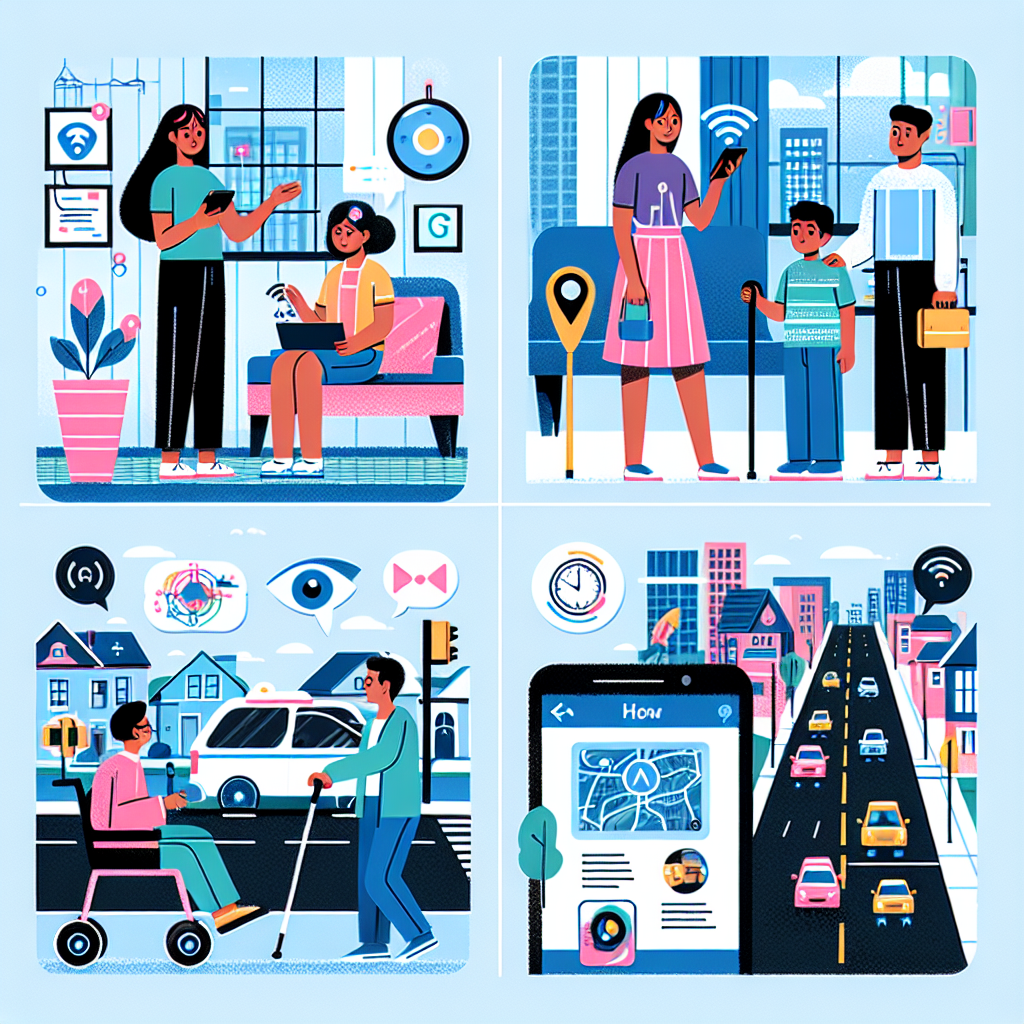
How AI Assists People with Disabilities
AI enhances the lives of individuals with disabilities by improving communication, mobility, education, healthcare, and social inclusion through advanced assistive technologies and personalized support.
- 08 Jul, 2024
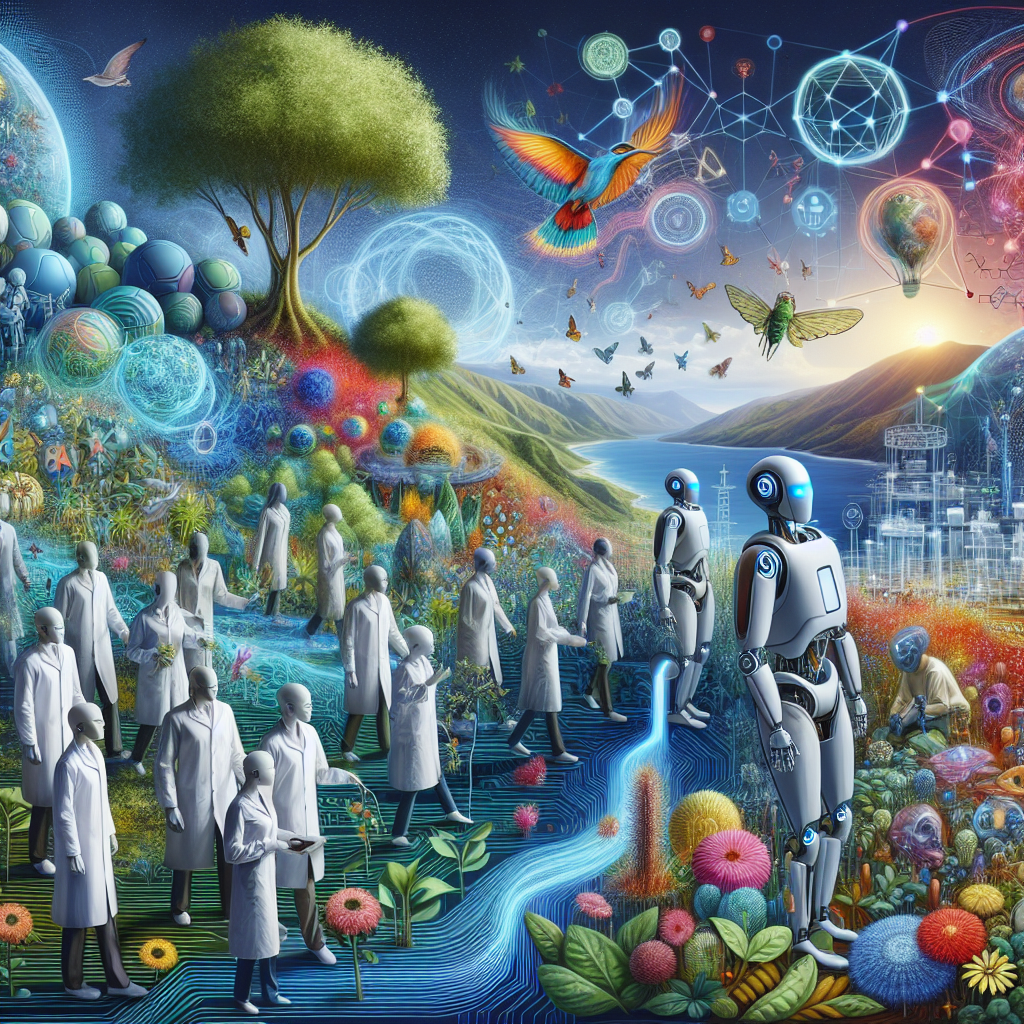
The Future of AI: What Will It Look Like in 10 Years?
In the next decade, AI will revolutionize personal assistance, healthcare, transportation, smart cities, workplaces, education, and ethical frameworks, dramatically enhancing efficiency, convenience, and quality of life.
- 22 Jun, 2024
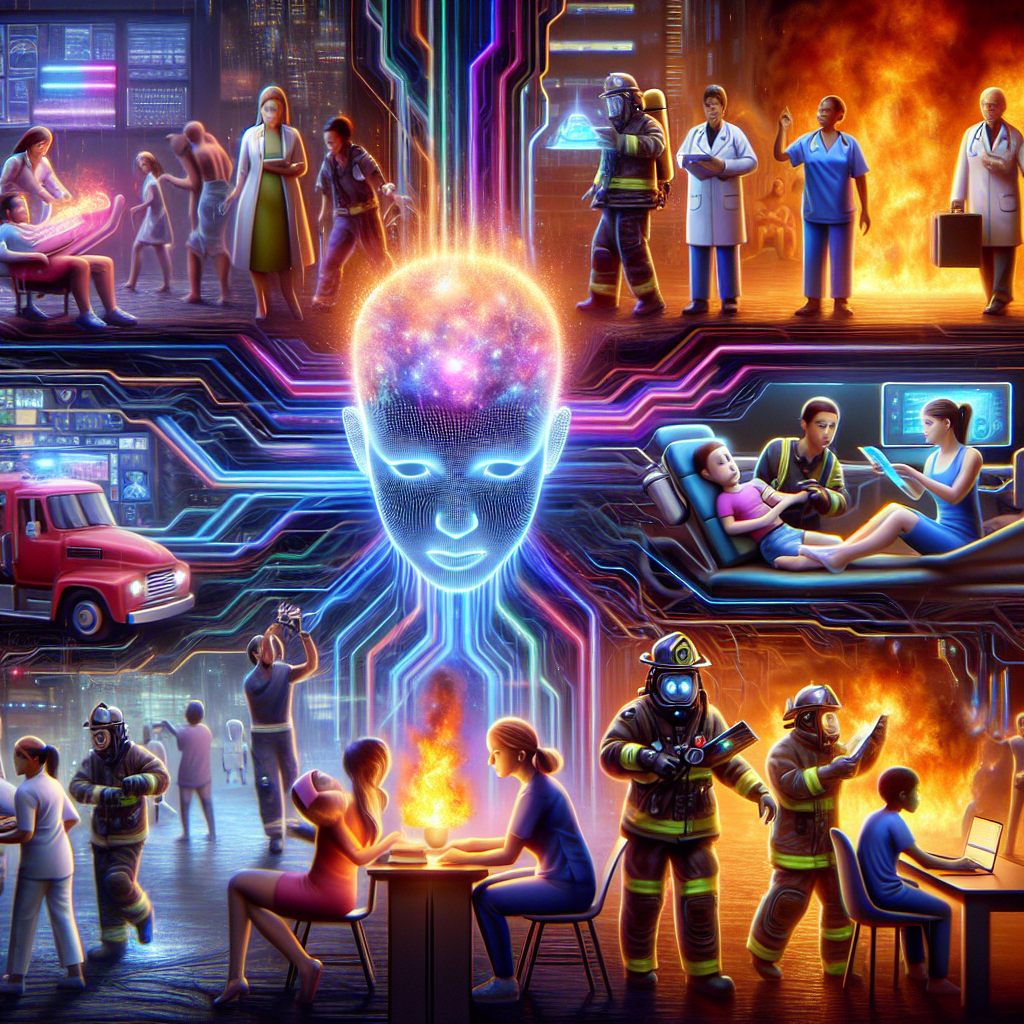
How Artificial Intelligence Saves Lives: Real-Life Stories
Artificial intelligence has proven to be a life-saving tool, with applications ranging from medical diagnoses and emergency services to early disease detection and mental health intervention.
- 14 May, 2024
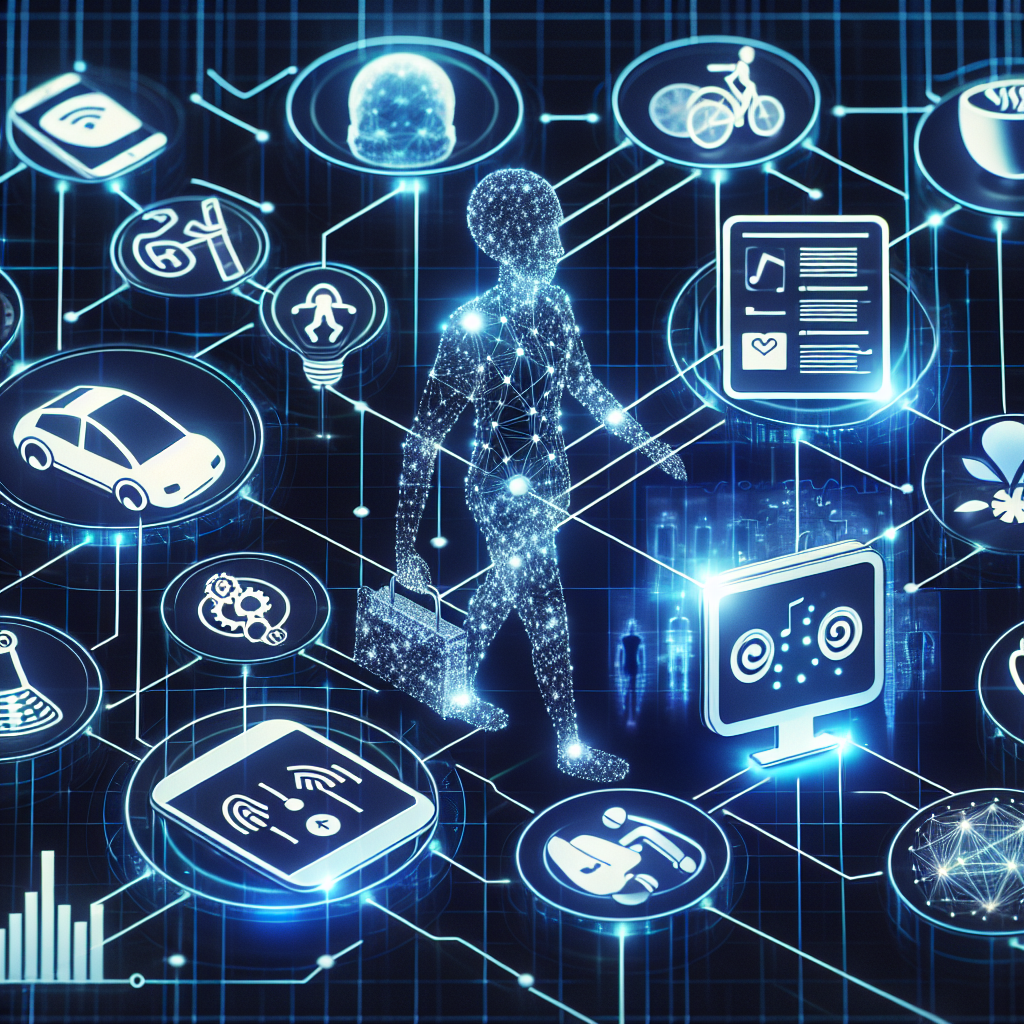
How Artificial Intelligence Can Help in Everyday Life
Artificial intelligence enhances everyday life by automating household tasks, providing personal assistance, improving health and wellness, personalizing entertainment, transforming shopping experiences, and bolstering home security.
- 01 Apr, 2024
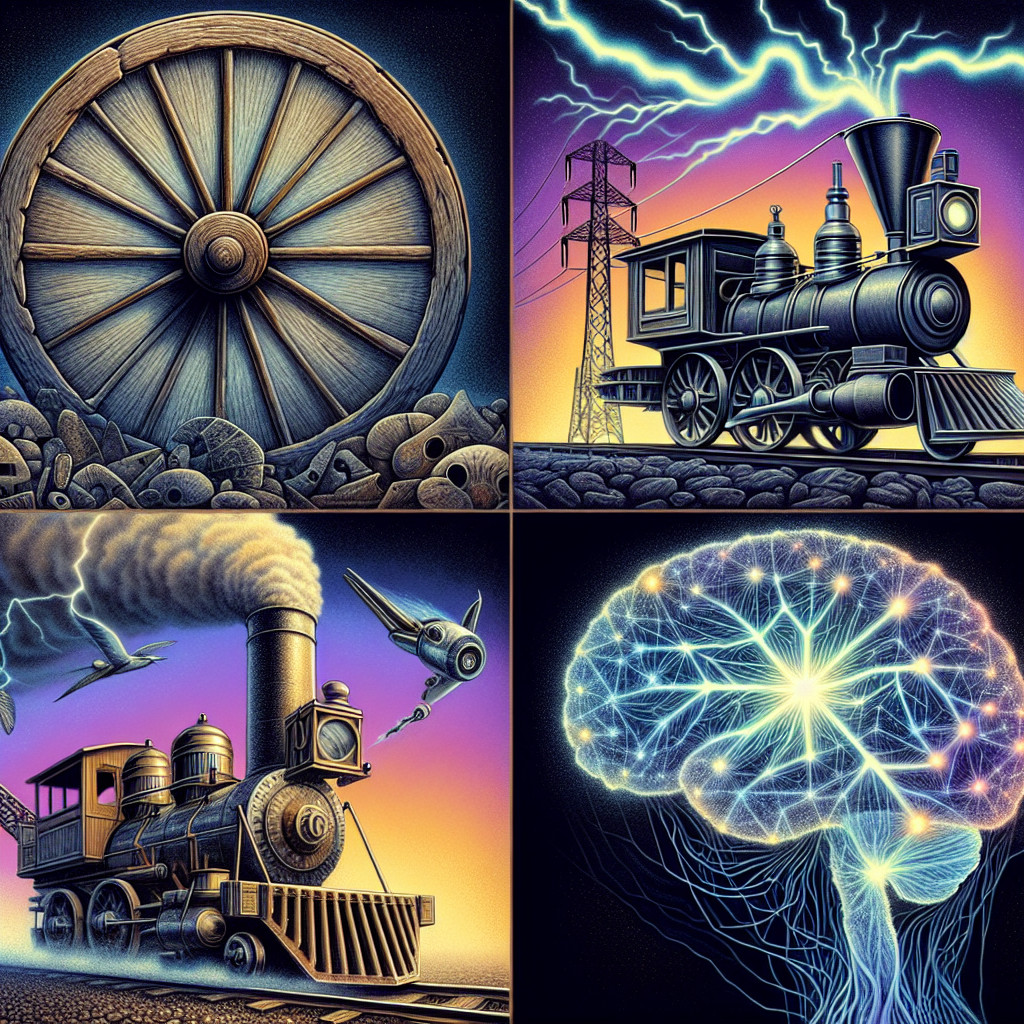
Comparing the Emergence of AI with the Invention of the Wheel, Engine, and Electricity
The emergence of AI is comparable to the transformative impact of the wheel, the engine, and electricity, as it promises to revolutionize industries, enhance daily life, and drive new technological advancements.
- 12 Mar, 2024